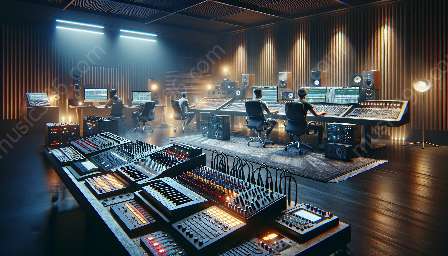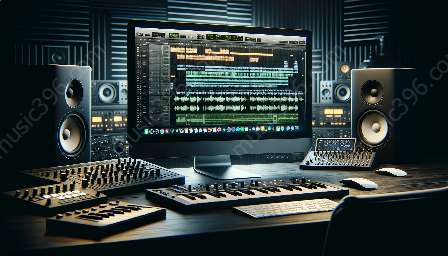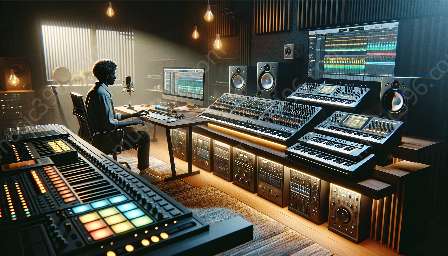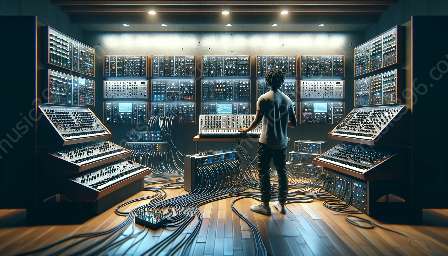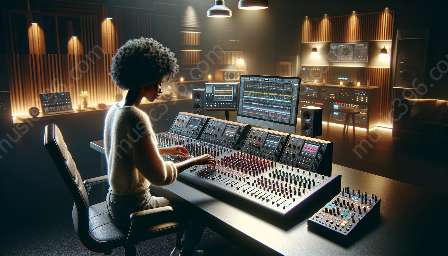Music production has been revolutionized by MIDI, an essential component of modern music technology. In this article, we delve into the intricate workings of MIDI and its impact on music creation.
The Basics of MIDI
MIDI, which stands for Musical Instrument Digital Interface, is a communication protocol used for connecting electronic musical instruments, computers, and other devices involved in music production. This standardized language allows these devices to communicate with each other, enabling musicians and producers to create, edit, and control the sound of electronic musical instruments.
Understanding MIDI Messages
At its core, MIDI is composed of a series of digital messages that communicate musical information between different devices. These messages can include information about note-on and note-off events, pitch, velocity, and control changes. By utilizing these messages, musicians and producers can trigger sounds, adjust parameters, and control various musical elements within their compositions.
MIDI in Practice
When an electronic musical instrument, such as a keyboard or electronic drum kit, is played, MIDI messages are generated based on the performed actions. These messages are then transmitted to another MIDI-compatible device, such as a computer running music production software. Upon receiving the MIDI messages, the receiving device can interpret and respond to them, allowing for the generation of sound or the manipulation of parameters within the software.
Benefits of MIDI in Music Production
MIDI offers numerous benefits in the realm of music production. It allows for precise control over musical elements, such as pitch, timing, and dynamics. Additionally, MIDI enables the creation of complex musical compositions, as it provides a flexible platform for editing and arranging musical ideas. Moreover, MIDI facilitates seamless integration between various electronic musical instruments and software, leading to a highly interconnected and efficient music production workflow.
MIDI and Music Technology
MIDI's impact on music technology is profound, as it has played a pivotal role in shaping the landscape of modern music production. The compatibility of MIDI with diverse musical instruments, software, and hardware has led to the development of innovative music production tools and devices. From MIDI controllers and sequencers to virtual instruments and digital audio workstations (DAWs), MIDI has become an indispensable part of the music technology ecosystem.
Conclusion
As technology continues to evolve, MIDI remains a cornerstone of music production, providing musicians and producers with a powerful tool for realizing their creative visions. Its role in enabling seamless communication between musical instruments and digital devices has cemented its status as an essential component of contemporary music production. With its ability to facilitate precise control, creative expression, and seamless integration, MIDI continues to shape the future of music creation.


